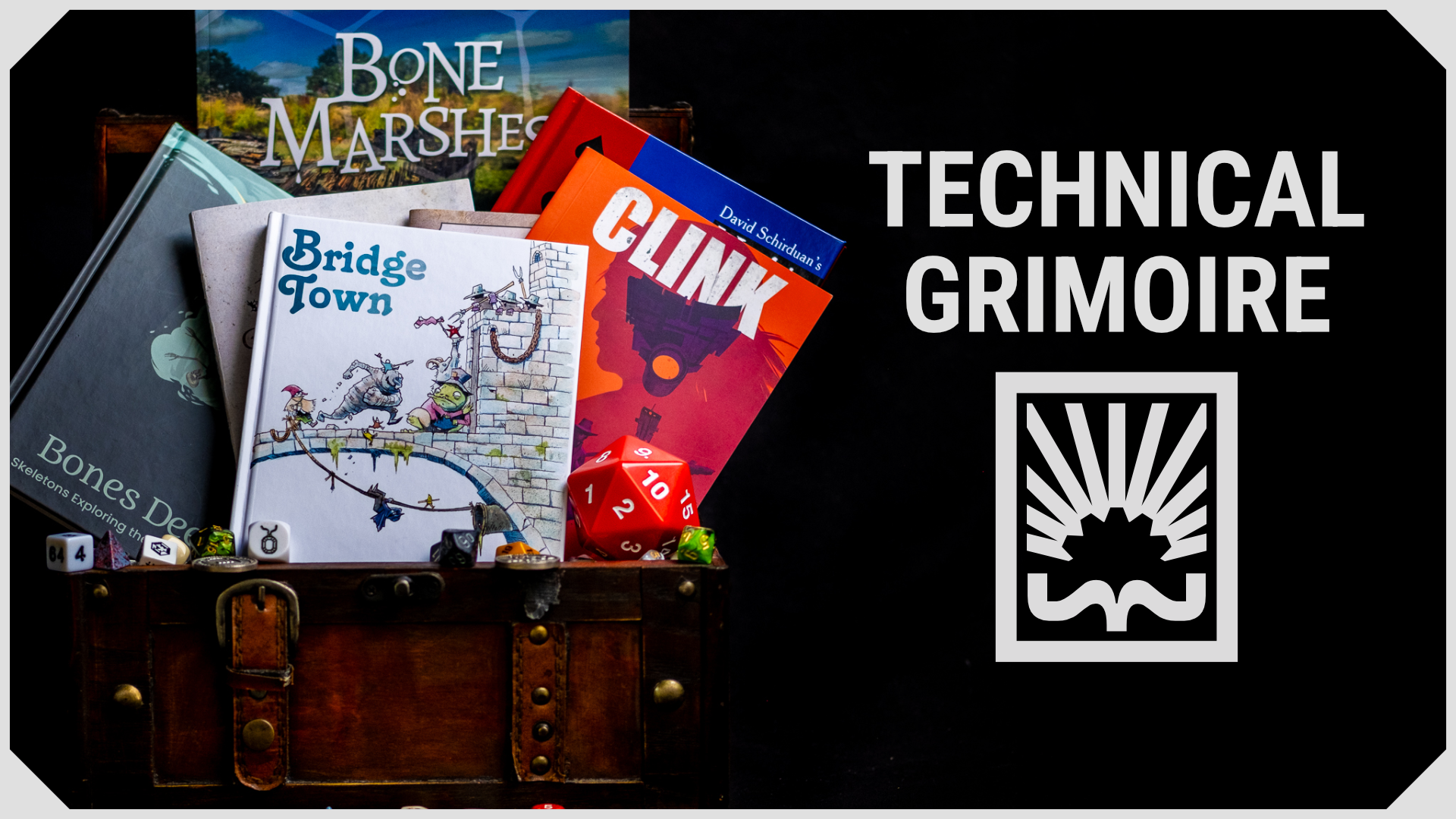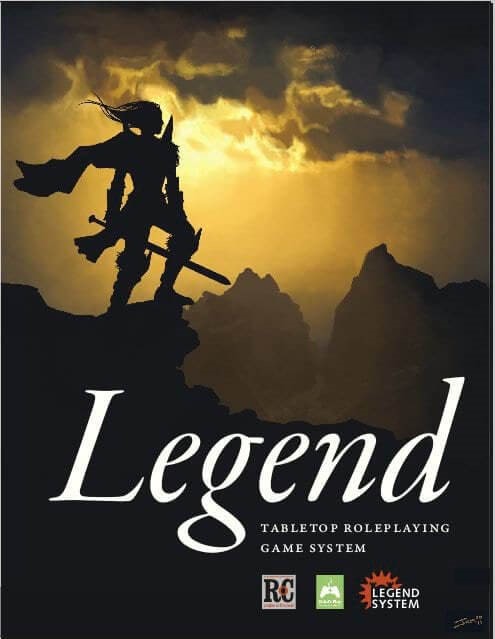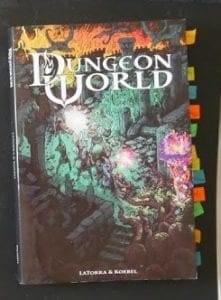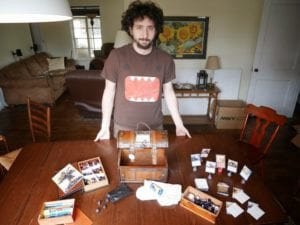My Journey into OSR

Oh boy. Here we go. My exploration of tabletop role-playing games has been an exciting and varied journey. I have read and played a wide variety of games, but I’d like to think that I can track my journey through several phases: Tactical Simulation, Story Games, and my latest destination: OSR. Here’s what I mean:
Tactical Simulation Permalink

3.5-4th Edition DnD, Pathfinder, and Legend
These games were an excellent transition from video-games. Packed with rules, statistics, grid-based combat, in-depth character creation, extensive leveling options, intricate adventures, and so on. While I really enjoyed playing these kinds of games, my first few attempts at GMing these systems stressed me out!
I would spend 3-4 hours of preparation before each game, making sure my monsters were a suitable challenge, detailing out the combat environment, adjusting the stats of monsters, planning several adventure paths, and double checking the rules every step of the way. It was not a fun experience for me, and I quickly abandoned all hope. If only there were a genre of games focused on narrative scenarios, rather than mechanical challenges…
Story Games Permalink

Dungeon World, Monster of the Week, Dread
During this era, I flourished. I had always enjoyed improv performance, and many of these Story Games were designed to encourage that kind of play. That’s not to say that story games aren’t complicated (See Burning Wheel), but many Story Games allow players to collaborate when interacting with the world.
For example, in a Tactical Simulation game, you may come across someone who doesn’t speak your language. The GM will ask, “Does anyone speak Elvish?”, and the players will look to their character sheets, and see if they built their characters to properly overcome this challenge. It’s a puzzle of preparation.
In a story game, however, it rarely matters what is written down on the player’s character sheet. The player makes some kind of dice roll, and if successful, explains how they learned to speak elvish, or why they never bothered with elves in their past. Each challenge in a story game is the chance to flesh out the world, add details, and work together to keep things moving forward.
This leads me to the current stage of my adventure: OSR.
OSR (Old School Revival) Permalink
OSR is a movement among the tabletop community that tries to evoke or build upon the earliest days of tabletop RPGs. Strangely enough, it is a growing movement. I would have thought that it consisted of people desperate for nostalgia, but in fact the OSR scene is exploding with innovation and exploration right now. I am still exploring this new world of RPGs, but the thing that motivates me to dive into the OSR movement is one thing: Dungeon Crawls.
In the early days of DnD, many adventures and modules were about a group of adventures exploring a dangerous, grid-filled series of rooms killing monsters and getting loot. And dying. Lots of death. These dungeons were filled with traps, dangers, secrets, and over-powered monsters.
Originally, I avoided these adventures because I don’t like torturing my players. It just seems like a meat grinder that didn’t give players any chance of survival. Recently, I’ve discovered a new side of the OSR that has revived my interest in dungeon crawl adventures. Here are a few of the things that have intrigued me:
- Rulings, not Rules. Unlike Simulation games, most OSR systems are pretty light on rules. Not as light as some story games, but definitely easy to grasp for new players. OSR games are more concerned with creating a logical framework than systemizing everything the players can do. Although this does keep the rules pretty light, it also means the game varies wildly from GM to GM.
- Player Skill, not Character Skill. In most of the games I’ve played, you check for traps by rolling against your character’s ability to figure stuff out. But in most OSR games, you are expected to describe your actions, and they will determine your success. “I take some of the sand from my pouch, and toss it into the air, looking for any air currents or holes in the floor.
- Toolbox, not Law. A big part of the OSR community is about adding house rules and additional mechanics. All of these additions are recommended, and GMs are encouraged to ignore or add rules as they see fit. This results in a LOT of weird hacks, additional mechanics, plug-and-play scenarios, and a variety that puts it beyond strict definition.
Where to Next? Permalink

What I’m saying is that OSR is big, its fans are passionate, and I have barely scratched the surface. But here’s my plan going forward:
- Read this pamphlet. Serously, it’s awesome, and really helped break the OSR mindset wide open for me.
- Study a bunch of OSR systems. I recommend starting with Into the Odd or checking out The Black Hack.
- Find some awesome Dungeon Crawls. Read my post for suggestions.
And just go try some stuff! Maybe you’ll like it, maybe you won’t, but don’t make the same mistake I did and assume that old stuff is boring.